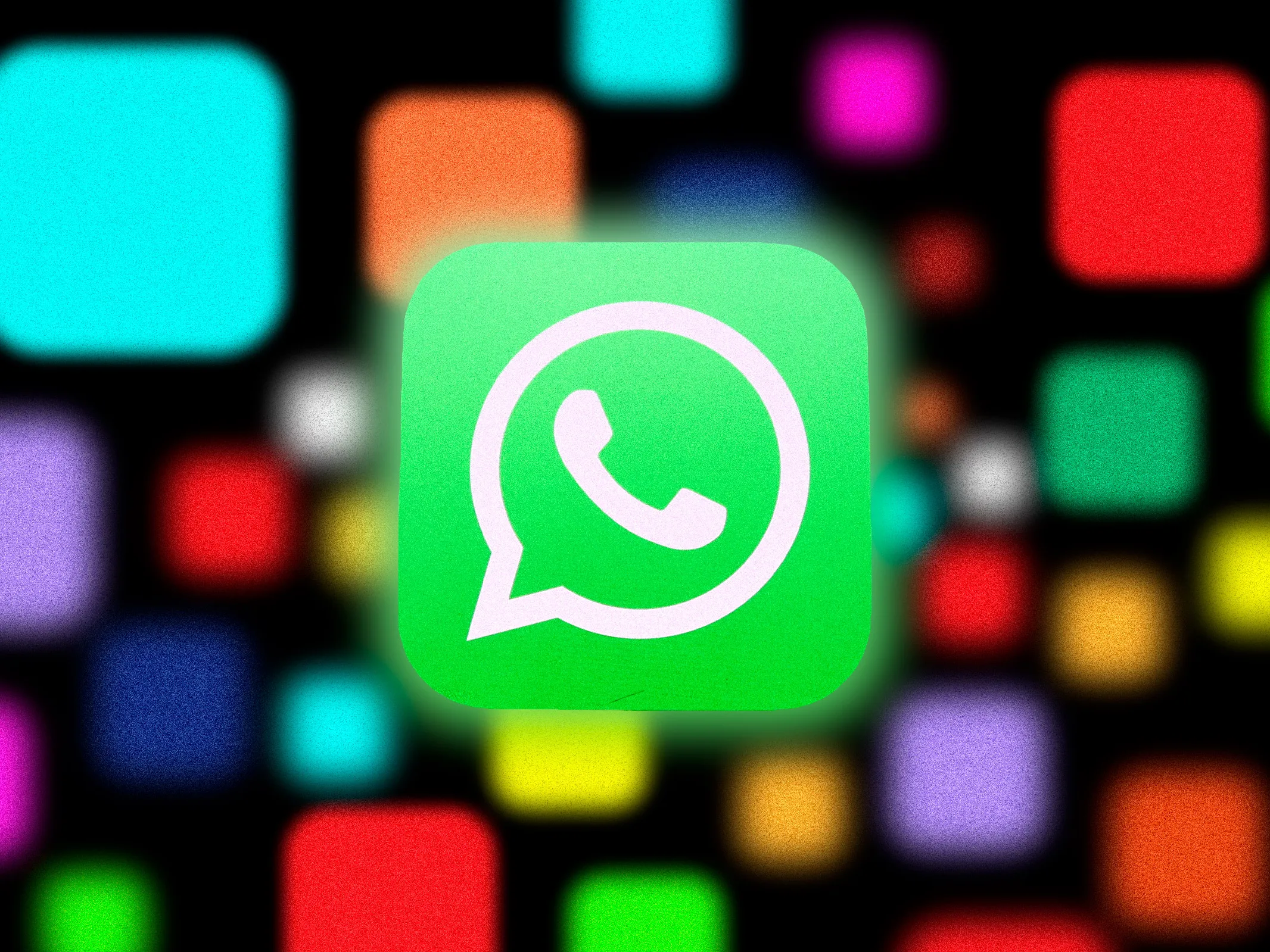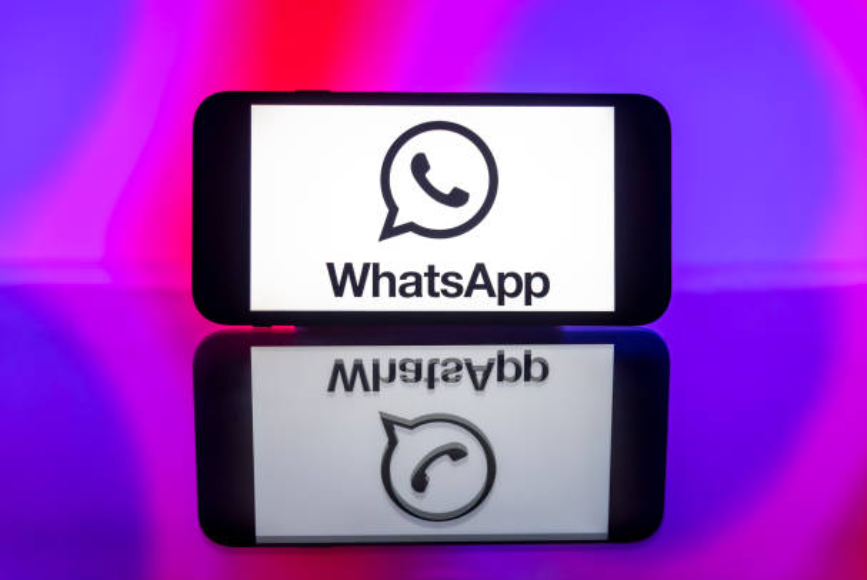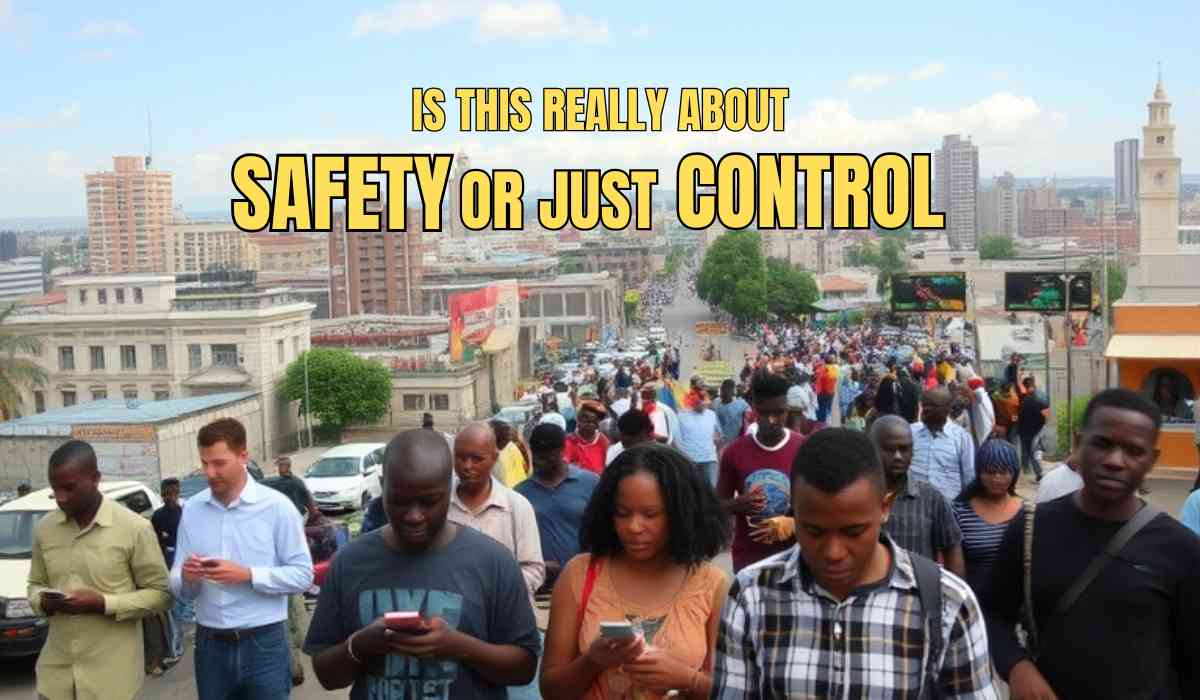
WhatsApp group administrators are lately being required to be licensed by the Postal and Telecommunications Regulatory Authority of Zimbabwe (POTRAZ). This is to curb misinformation and accountability amongst users on their social platforms. The fee ranges from a mere $50 up to $2,500 depending on the size of the type of the group.
Requirements to be Licensed
This process, according to the Minister of Information, Publicity and Broadcasting Services, Monica Mutsvangwa, will help to trace sources of false information prone to creating violence or unrest. Group admins must provide personal information such that is problematic regarding its privacy. Defense by government as a necessity to maintain peace and security in the country.
The fees for obtaining a license are tiered based on the number of individuals in the group:

This regulation comes amid global concerns about social media's role in spreading misinformation and the need for better governance.
Public Response
The rule introduction has been on a hot debate among the citizens and online activists. The restrictions appear to be against freedom of speech and seem to limit people's chances of expressing their views because of the fear of scrutiny of personal information. Others feel that forcing people to present their personal information would cause a chilling effect in public discussion and community involvement.
Concerns Over Implementation
Questions arise about how this licensing process will actually work and if it will be used uniformly across all nations. Also, there is apprehension that personal data collected while obtaining a license may be misused.
Global Context
This development, however, forms part of a larger trend that observes how governments across the globe are struggling with challenges introduced by social media at the height of misinformation. Applying this regulation in Zimbabwe should pose critical questions to those implementing it regarding the potential balance between national security and civil liberties.
Will India do the same?
Similar rules in India may have both advantages and disadvantages. While they may decrease the spread of misinformation and increase the responsibility of group administrators, such rules may violate free speech rights and discourage people from joining communities.
Pros
- The number of people responsible for the spread of misinformation may rise.
- Perhaps, the data would be better protected by the rules.

Cons
- Such rules may possibly strangle the free speech.
- It may pose privacy threats from the collection of personal data.
- May discourage community engagement due to regulatory burdens.
Inputs by Agencies
Image Source: Multiple Agencies
Ⓒ Copyright 2024. All Rights Reserved Powered by Vygr Media.

























